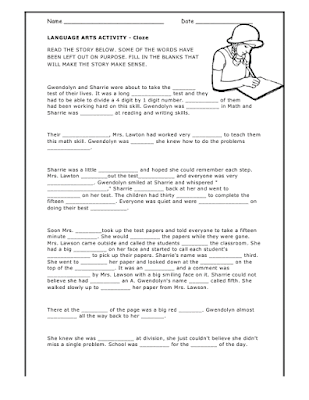Compare yourself at 2 different points of the
course: January 2017, March 2017, in that comparison, identify achievements and
progress and also identify any weak areas that you would like to improve.

- Very low comprehension about cloze excercises
- Not good grades
- Good in listening but not compromised with the school in general
- My weakest area always has been grammar
- I though that if i continued doing the way that i was doing during this moth, i wont be able to pass bulats test and by consequence, the course.
- Compared to January, i have become better in listening, specially at long audois which stressed me before.
- In the second partial i´ve been doing very well in almost every assesment and that makes me proud of myself because i know that i can do it, i just needed motivation and my teacher gave me the motivation i needed.
- Grammar is my still weakness, but, i also has improved in some new methods that give me more practice and makes me understand and memorize better than i did during the second partial.

- I would like to improve in grammar, specially in cloze excercises and in those ones where you need to writte in the correct form the ajective and the adverb, or the verb and the noun, etc.
- I also would like to improve in my vocabulary because during this course i´ve learned an extensive vocabulary that i will use at my work and also it will going to help when i´m negotiating with an importer in another country or for fill the motions of exports.
LINKS:










